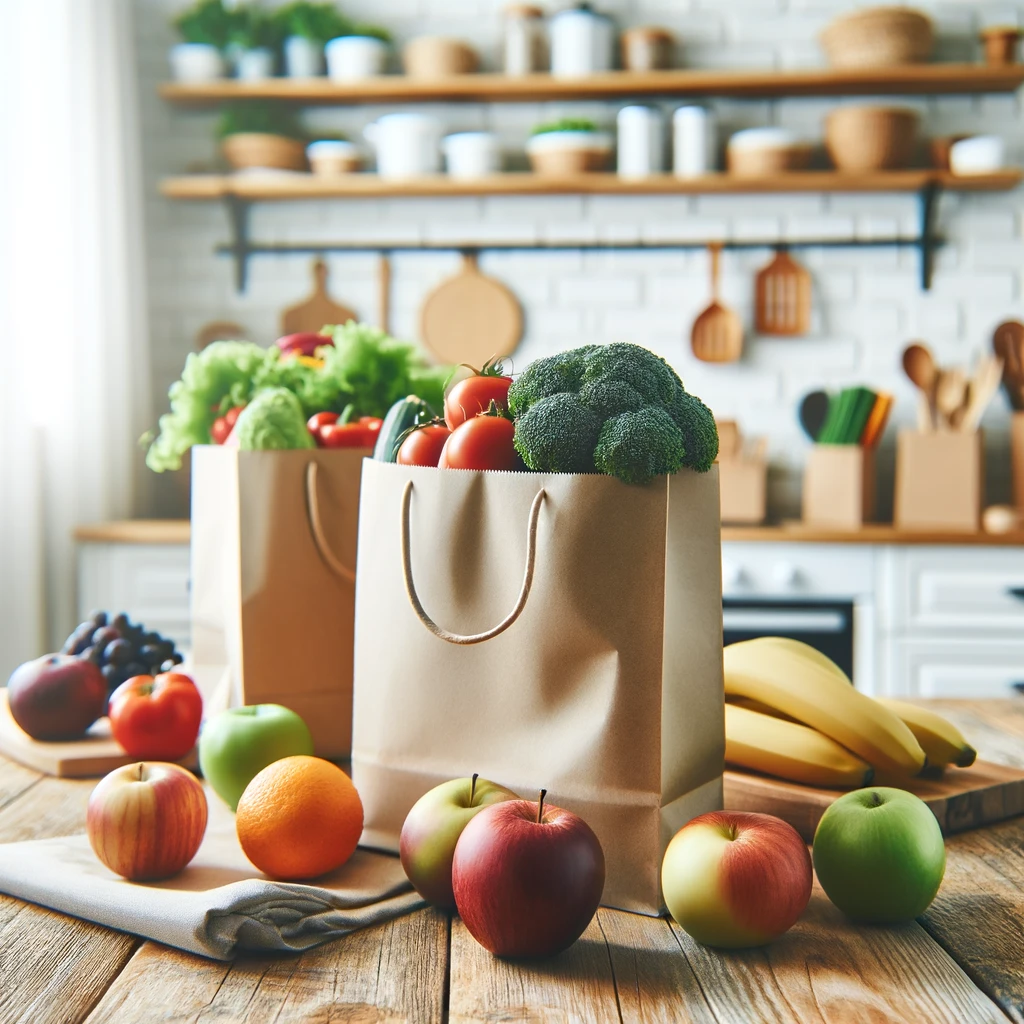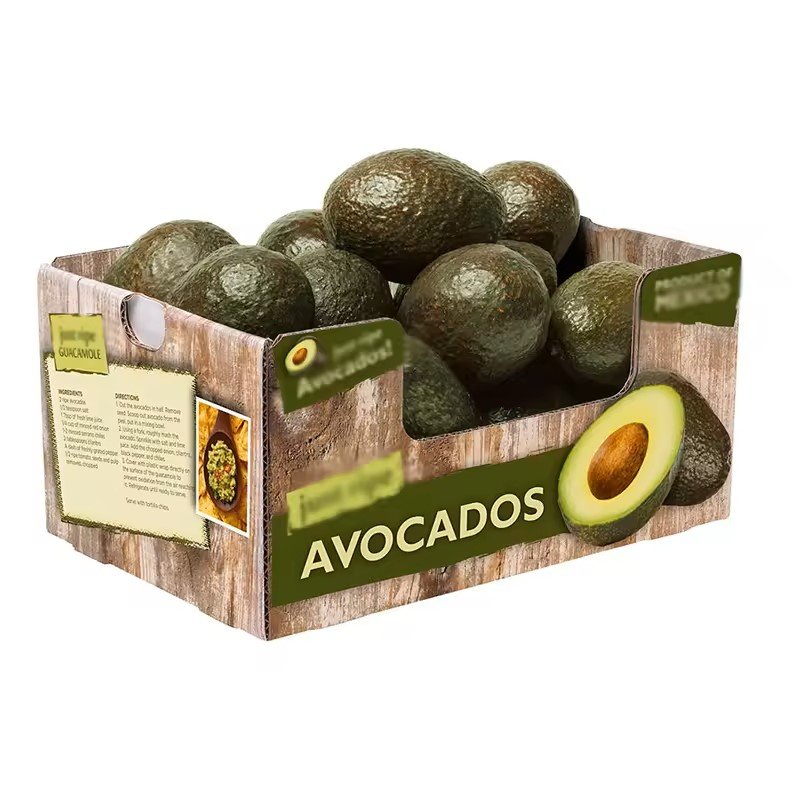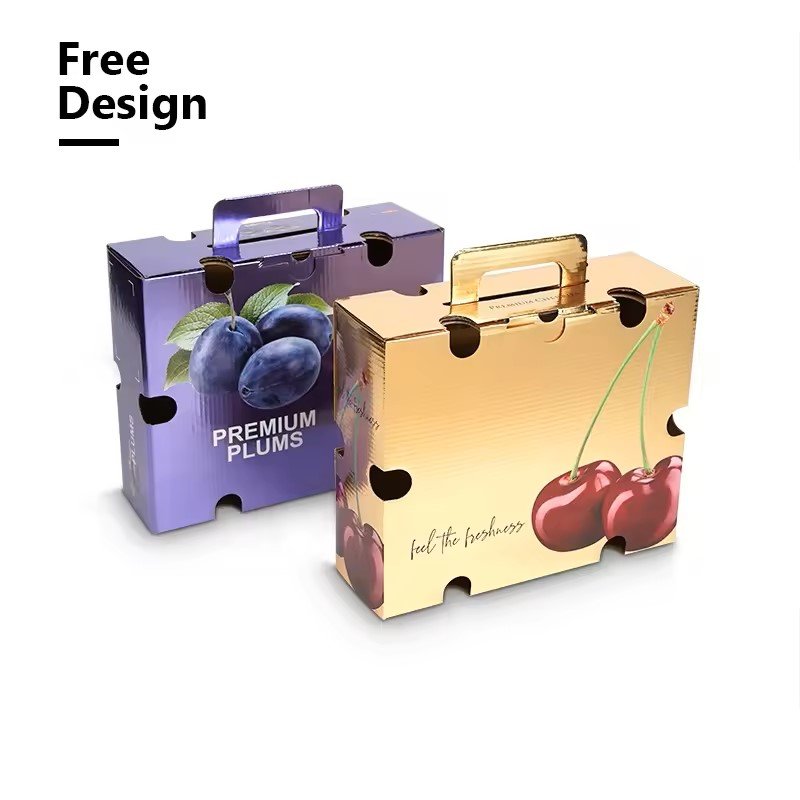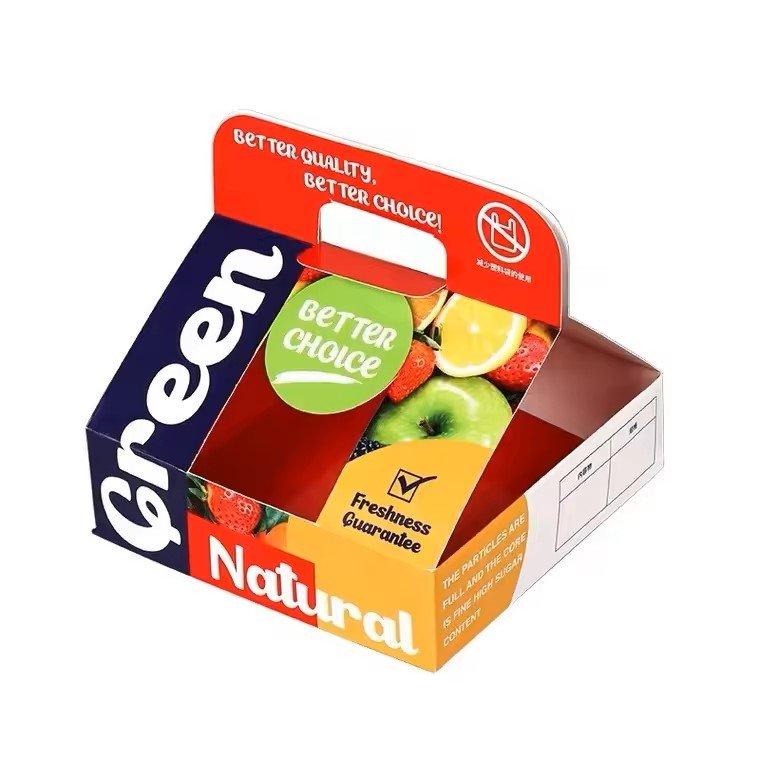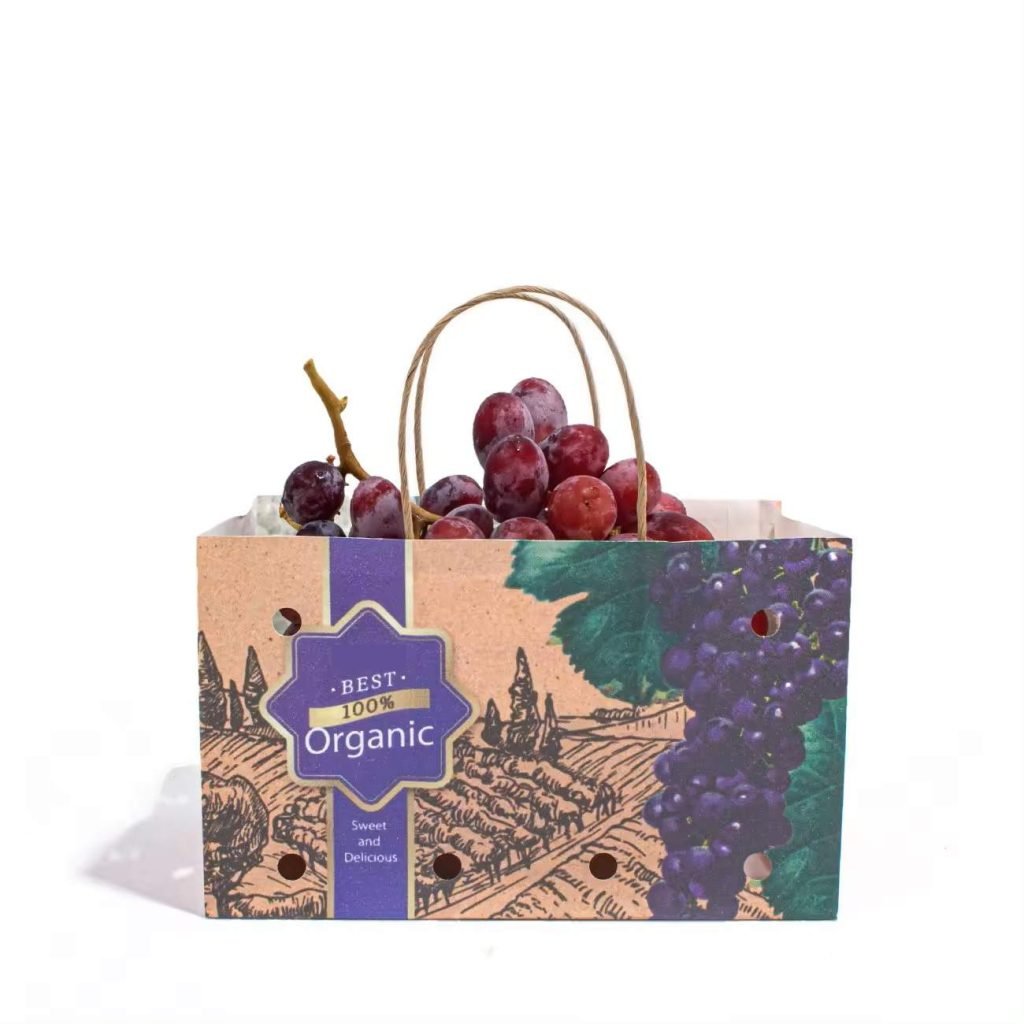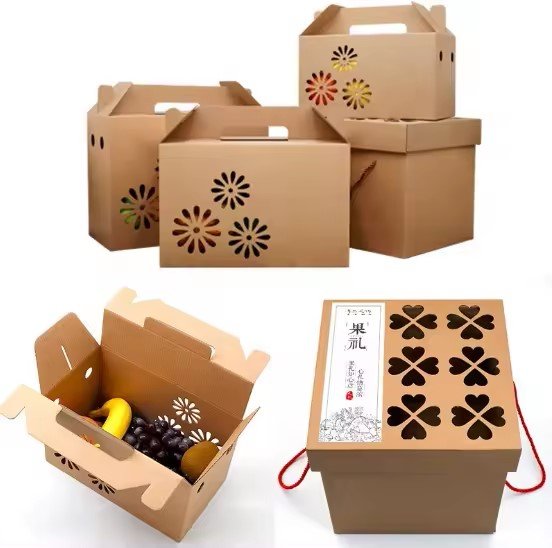Introduction:
In the realm of agriculture and food preservation, understanding the factors that influence the ripening process of fruits is crucial. One such factor is the type of packaging used, particularly paper packaging bags and boxes. But why do fruits ripen faster when wrapped in these materials? Let’s delve into the science behind this phenomenon and explore its implications.
The Science of Ripening:
Fruits emit ethylene gas, a natural plant hormone that accelerates the ripening process. When fruits are enclosed in paper packaging, the concentration of ethylene gas around them increases. This heightened exposure to ethylene triggers a series of enzymatic reactions within the fruit, hastening the ripening process. The paper material allows for adequate air circulation while containing the ethylene gas, creating an ideal environment for speedy ripening.
The Role of Paper Packaging:
Paper packaging, such as bags and boxes, plays a pivotal role in this process. Unlike plastic, which can trap moisture and lead to spoilage, paper is breathable. It allows the exchange of gases, ensuring that the ethylene gas remains concentrated around the fruit without causing condensation. This balance between containment and ventilation is key to the accelerated ripening effect observed with paper packaging.
Benefits of Faster Ripening:
The ability to control the ripening process has significant advantages. For producers and retailers, it means they can manage their inventory more effectively, reducing waste and ensuring that fruits are at the perfect stage of ripeness when they reach consumers. For consumers, it translates to fresher, tastier fruits that are ready to eat sooner.
Choosing the Right Paper Packaging:
Not all paper packaging is created equal when it comes to ripening fruits. The choice of material, thickness, and design can influence its effectiveness. For example, thicker paper or coatings can slow down the exchange of gases, while thinner paper may not provide enough containment. Selecting the right packaging requires a balance between these factors, tailored to the specific needs of the fruit being packaged.
Sustainability Considerations:
In addition to its functional benefits, paper packaging offers environmental advantages. It is biodegradable, recyclable, and often made from renewable resources. This makes it a more sustainable choice compared to plastic packaging, aligning with growing consumer demand for eco-friendly options.
Real-World Applications:
Many industries have adopted paper packaging to leverage its ripening benefits. For example, bananas are often shipped in corrugated cardboard boxes that help regulate ethylene levels and ripening. Avocados and tomatoes are also commonly packed in paper bags for retail sale, allowing them to ripen more evenly and quickly.
Challenges and Considerations:
While paper packaging can accelerate ripening, it’s not without its challenges. The increased speed of ripening means that timing is critical; fruits need to be monitored closely to prevent overripening. Additionally, the choice of paper material must consider factors like humidity, temperature, and the specific ethylene sensitivity of the fruit.
Future Innovations:
As technology advances, we can expect to see innovations in paper packaging that further enhance its ripening capabilities. This could include coatings that regulate gas exchange more precisely or embedded sensors that monitor ripening stages in real-time.
Practical Tips for Ripening Fruits in Paper Packaging
1.Choose the Right Fruits:
Not all fruits produce ethylene or respond to it in the same way. Fruits like bananas, avocados, peaches, and tomatoes are known to produce significant amounts of ethylene and are good candidates for paper bag ripening.
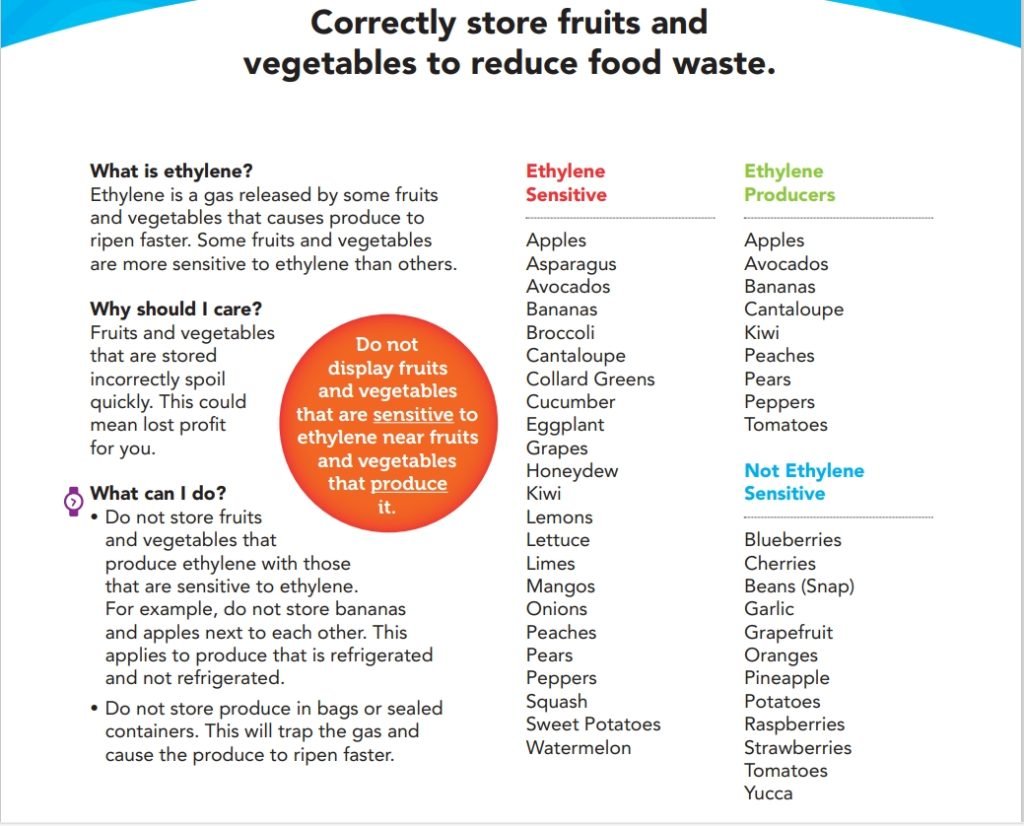 Source:ucsdcommunityhealth.org
Source:ucsdcommunityhealth.org
2.Don’t Overcrowd:
Avoid overcrowding the fruits in the bag. Each fruit needs some space for air circulation.
3.Monitor Progress:
Check the fruits regularly for ripeness. Some fruits can go from underripe to overripe quickly, especially in a paper bag.
4.Combine Different Fruits:
You can speed up the ripening process by placing an already ripe fruit in the bag with the unripe ones. The ripe fruit will produce ethylene, which will help the other fruits ripen faster.
Banana and Avocado:
- The banana will emit ethylene gas, which can help speed up the ripening process of the avocado.
Apple and Kiwifruit:
- Apples are known to produce a significant amount of ethylene, which can help ripen kiwifruit more quickly.
Pear and Tomato:
- Pears produce ethylene gas as they ripen, which can help tomatoes ripen faster when placed together in a paper bag.
Peach and Plum:
- Both fruits produce ethylene gas, and when placed together, they can create a microenvironment that promotes faster ripening.
Mango and Nectarine:
- Mangoes produce ethylene gas, which can help nectarines ripen more quickly when placed in the same bag.
Apricot and Peach:
- Apricots and peaches both produce ethylene gas, and when placed together, they can accelerate each other’s ripening process.
When combining fruits for ripening, it’s important to check them regularly and remove any that have ripened to avoid overripening or spoilage. Additionally, avoid overcrowding the bag to ensure proper air circulation and ethylene distribution.
5.Store Properly:
Keep the paper bag in a cool, dry place. Avoid exposure to direct sunlight or heat, as this can cause the fruits to overripen or spoil.
Conclusion
The use of paper packaging bags and boxes plays a significant role in accelerating the ripening process of fruits. By understanding the science behind this phenomenon, producers, retailers, and consumers can make informed choices that lead to fresher, tastier fruits while also considering sustainability. As we continue to explore and innovate in this area, the potential for improved food preservation and waste reduction is immense.
W&G’s Fruit Paper Packaging
In line with sustainable practices, our company, W&G, offers wholesale fruit paper packaging designed specifically for supermarkets and grocery stores. They are not only eco-friendly and biodegradable but also sturdy enough to hold a variety of fruits and vegetables.

